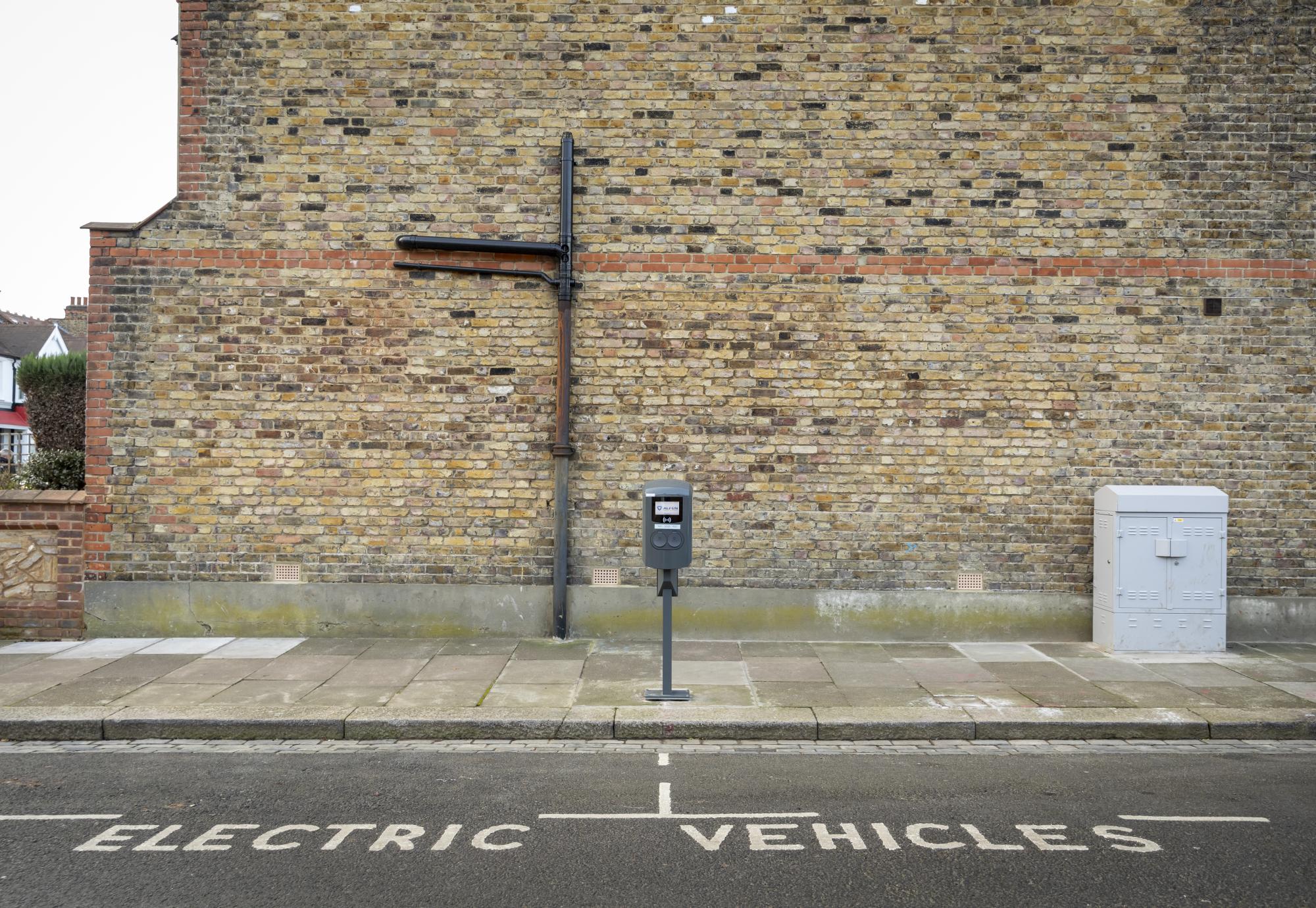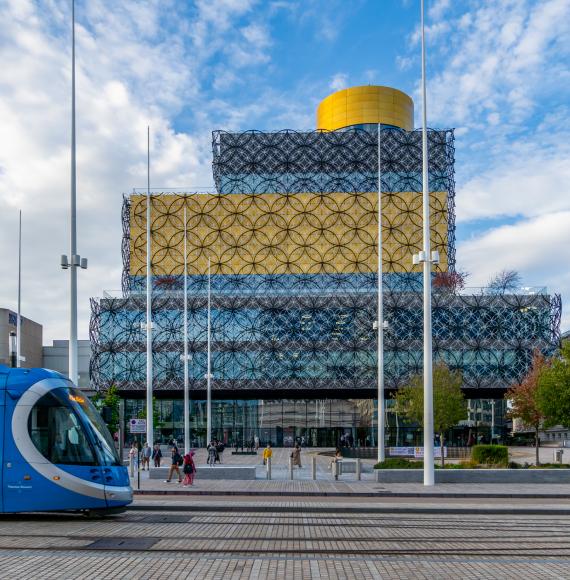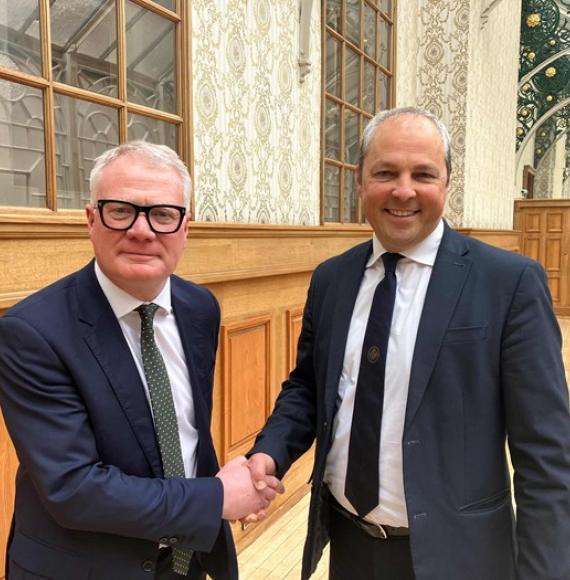Liberty Charge is calling for a review and reallocation of the funding being given to local authorities regarding electric vehicle infrastructure, thanks to their recent report.
The Local Authority Insight Report was commissioned by Liberty Charge, the public charge point operator dedicated to delivering reliable and accessible charging solutions for all, and highlighted the chronic under-resourcing of local authority electric vehicle infrastructure. With only two thirds of local authorities having a formal EV infrastructure plan in place, the review has led to a call for more support for the increased number of dedicated local authority personnel needed to ensure that infrastructure is put in place sooner, rather than later.
Figures set out in the report show that not only do 31% of authorities not have any forma infrastructure plan, but only 14% have dedicated infrastructure resources. It also revealed that almost half (44%) don’t expect to deliver it within three years.
CEO of Liberty Charge, Neil Isaacson, said:
“In March, the government recognised the need for more dedicated resource. There was positive news of £50 million, in addition to the £450 million LEVI fund, for local authority resourcing, but that won’t be sufficient. We need to fund the employment of enough people to manage the infrastructure rollout over the course of the next decade. Dividing £50 million over more than a couple of years and across nearly 400 local authorities, you can see it is going to be extremely stretched.
“Sufficient resourcing is essential to keep pace with rising EV ownership, and just as importantly, to inspire confidence in EV adoption. More than 11 million UK households have no access to off-street charging, and they need to see charging infrastructure in place, before considering making the switch.”
With the decarbonisation of road transport, and as such the achievement of the UK Government’s 2035 greenhouse gas emissions targets, relying on the creating public charging infrastructure that can serve the 11 million households in the UK that have no access to off-street charging, this is a mammoth task.
The research was commissioned against the backdrop of the government’s aim to install 300,000 public charge points by 2030 and their banning of sales for new petrol and diesel vehicles in the same year.
The full report is available to read here.



















